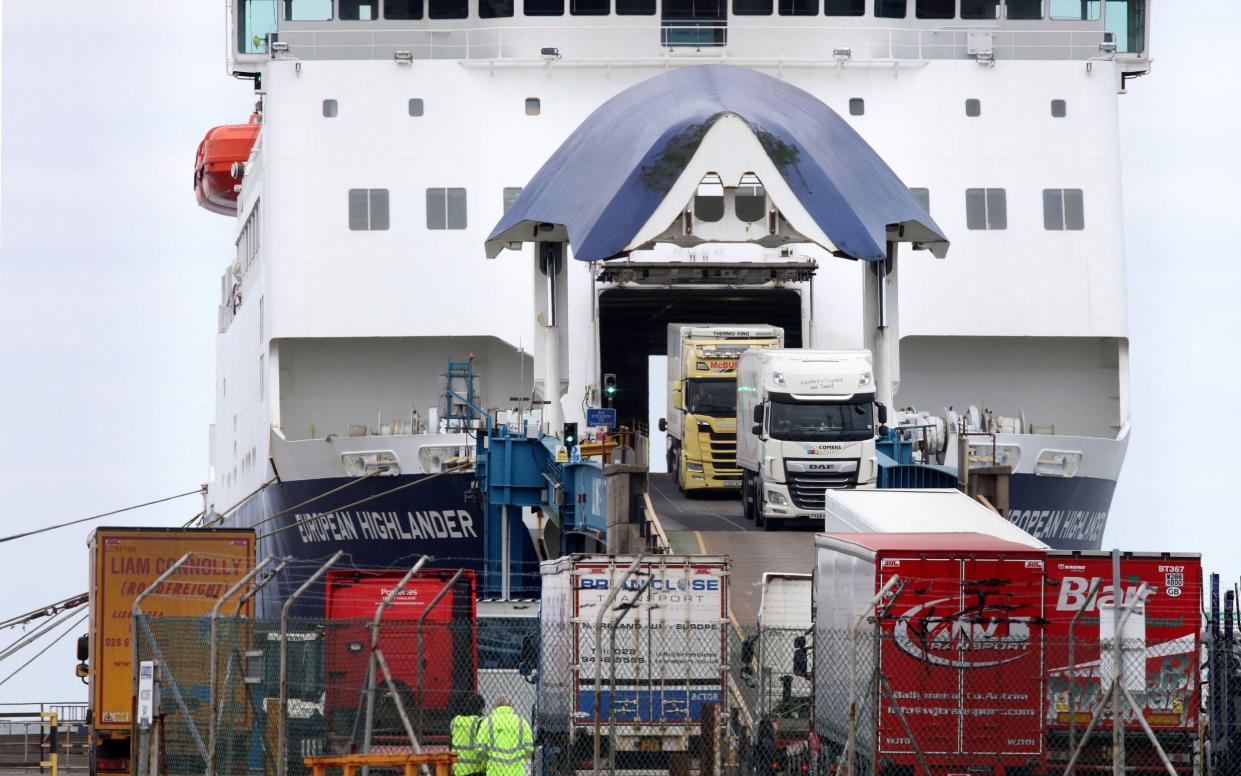People smugglers can be stripped of British citizenship

People smugglers can be stripped of their British citizenship as judges have backed the Home Office.
In a test case, senior immigration judges have ruled that the Home Secretary can treat people smugglers in the same way as terrorists and serious organised criminals by depriving them of their citizenship.
They said the threat to national security and safety of the public overrode the traffickers’ rights under the European Convention on Human Rights (ECHR).
The ruling, revealed in papers from the special immigration appeals commission (SIAC), followed an undercover investigation by the National Crime Agency (NCA), Britain’s equivalent of the FBI.
The NCA agents infiltrated an organised crime gang which smuggled young men and women into the UK, some of whom were used for cheap labour or sexually exploited.
NCA agents bust operation
The trafficking operation was run by two Afghans, known only in court as D5 and D6, who had secured UK citizenship after entering the UK illegally and claiming asylum between 2001 and 2007. Part of the hearing was held in secret because of the sensitivity of the NCA investigation.
Described in court as a “sophisticated” operation carried out for “significant financial gain,” the pair, an uncle and his nephew, charged each migrant £8,000 to £9,000 to be smuggled into the UK by lorry drivers who got a £2,500 cut of the money.
The trafficking ring was smashed when the two Afghans recruited two intercontinental lorry drivers, named in court as “Mark” and “George”, who were in fact undercover NCA agents secretly taping their conversations.
“D6 said that he wanted George to smuggle people from mainland Europe into the UK, that it would be one to three people on each run, with two to three runs a month and with a payment of £2,500 per person smuggled,” the court was told. “D6 would meet the immigrants off the lorry and would pay George himself. D6 said that he was making good money.”
As a result of the investigation, the pair were charged with multiple immigration offences including assisting unlawful entry to the UK. D6 was jailed for 10 years, and his uncle, D5, for five years.
“This was a sophisticated enterprise which included: arrangements for pick up and drop-off points, organisation of migrants being loaded, stowed and unloaded, consideration of border checks and CO2 probes and arrangements for the exchange of money,” said the sentencing judge Sarah Plaschkes, KC.
Judges reject appeal
The pair were stripped of their citizenship but appealed the decision on multiple grounds, leading to the ruling by SIAC, which has now been published as an open judgment but with the identities of the two Afghans remaining secret for legal reasons.
The three SIAC judges rejected all of their claims on the basis that the Home Office had acted correctly under the terms of its own internal guidance that allows deprivation of citizenship in the “most serious” organised crime cases as well as for terrorism, spying and war crimes.
They rejected the pair’s claim that it would be a breach of their right to a family life, under the ECHR, and that they should have been given the chance to challenge the removal of their citizenship before it was authorised by the Home Secretary.
The judges ruled: “It would have been impossible, impracticable and pointless to give any of them a right to make representations before making the deprivation and exclusion decisions. There was no breach of policy.
“The material was not put before the Secretary of State in an unfair or misleading way. Applying judicial review principles, it has not been shown that the Secretary of State’s decisions were otherwise flawed on public law grounds. The appeals of D5 and D6 are dismissed.”
A Home Office spokesman said: “We will do whatever it takes to ensure the safety and security of the UK, which will always be our priority. Deprivation of citizenship only happens after careful consideration of the facts and in accordance with international law.
“It is used against those who have acquired citizenship by fraud and the most dangerous people, such as terrorists, extremists and serious organised criminals.”

